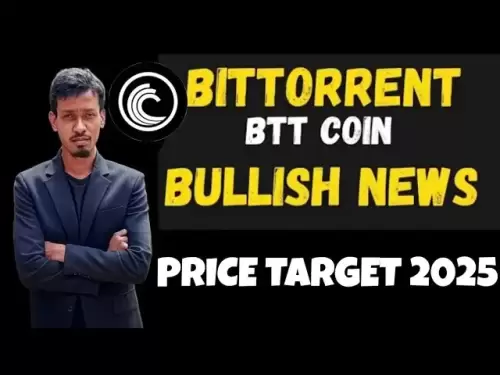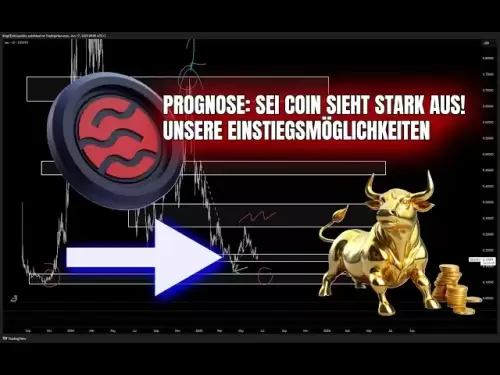-
 Bitcoin
Bitcoin $117,784.8122
6.03% -
 Ethereum
Ethereum $2,985.4492
7.49% -
 Tether USDt
Tether USDt $1.0002
-0.01% -
 XRP
XRP $2.6273
7.19% -
 BNB
BNB $688.8144
2.80% -
 Solana
Solana $164.1797
4.18% -
 USDC
USDC $0.9999
-0.01% -
 Dogecoin
Dogecoin $0.1989
10.08% -
 TRON
TRON $0.2961
2.12% -
 Cardano
Cardano $0.7259
15.27% -
 Hyperliquid
Hyperliquid $45.6326
10.22% -
 Sui
Sui $3.5222
9.17% -
 Chainlink
Chainlink $15.4621
7.77% -
 Bitcoin Cash
Bitcoin Cash $523.2404
1.57% -
 Stellar
Stellar $0.3163
8.13% -
 Avalanche
Avalanche $21.0098
7.48% -
 Hedera
Hedera $0.2044
14.78% -
 UNUS SED LEO
UNUS SED LEO $8.9812
0.11% -
 Shiba Inu
Shiba Inu $0.0...01346
7.75% -
 Toncoin
Toncoin $2.9763
3.02% -
 Litecoin
Litecoin $95.6221
5.22% -
 Polkadot
Polkadot $3.9508
7.50% -
 Monero
Monero $326.6734
1.59% -
 Uniswap
Uniswap $8.9185
8.19% -
 Dai
Dai $0.9999
-0.02% -
 Pepe
Pepe $0.0...01271
14.28% -
 Ethena USDe
Ethena USDe $1.0006
-0.03% -
 Bitget Token
Bitget Token $4.5228
2.14% -
 Aave
Aave $314.1302
6.41% -
 Pi
Pi $0.4909
0.64%
What is an oracle in a smart contract?
Oracles bridge blockchain smart contracts with real-world data, enabling dynamic execution based on external events like stock prices or weather conditions.
Jul 11, 2025 at 05:50 pm
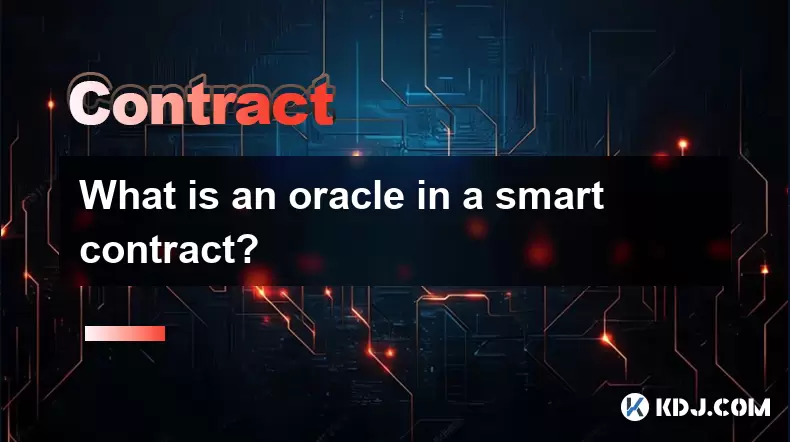
Understanding the Role of an Oracle in Smart Contracts
In the context of blockchain and smart contracts, an oracle serves as a bridge between the on-chain world of decentralized applications (dApps) and the off-chain world of external data sources. Smart contracts, by design, are self-executing agreements with the terms directly written into code. However, they lack the ability to access real-time or external data such as weather conditions, stock prices, or sports results. This is where oracles come into play—they provide verified external data to smart contracts so that these contracts can execute based on real-world events.
Oracles act as trusted third-party services that feed information into the blockchain environment.
How Oracles Interact With Smart Contracts
An oracle functions by listening for specific queries from a smart contract. When a contract needs external data, it sends out a request. The oracle then retrieves this data from an off-chain source, verifies its authenticity, and delivers it back to the blockchain. Once the data is on-chain, the smart contract can use it to trigger actions like releasing funds or updating contract states.
- The smart contract initiates a data request.
- The oracle fetches the required data from an API or other external source.
- The oracle validates and formats the data before sending it back to the blockchain.
- The smart contract processes the data and executes accordingly.
This interaction enables smart contracts to function beyond the confines of their internal logic and react dynamically to real-world scenarios.
Different Types of Oracles in Blockchain
Not all oracles are created equal. They vary based on their direction of data flow, trust models, and purpose:
- Inbound Oracles: These pull data from the outside world into the blockchain. For example, a temperature sensor reporting current weather data to a crop insurance smart contract.
- Outbound Oracles: These send data from the blockchain to external systems. An example would be a smart contract triggering a payment gateway after verifying a transaction.
- Software Oracles: Interface with online data sources like APIs and databases.
- Hardware Oracles: Connect physical world events to the blockchain using devices like RFID tags or barcode scanners.
- Consensus-Based Oracles: Use multiple data sources and validators to ensure accuracy and reduce manipulation risks.
Each type plays a critical role depending on the application and level of decentralization required.
Trust and Security Concerns With Oracles
One of the primary challenges associated with oracles is the trust model. Since smart contracts rely on the data provided by oracles, any inaccuracies or manipulations at the oracle level can compromise the integrity of the entire system. This introduces what is known as the "oracle problem"—the risk that the external data source might be unreliable or malicious.
To mitigate this issue, many platforms implement multi-source validation, reputation systems, and decentralized oracle networks. By aggregating data from multiple oracles and cross-referencing it, the likelihood of receiving accurate and tamper-proof data increases significantly.
- Use of multiple data providers reduces single points of failure.
- Reputation scoring helps identify reliable oracles over time.
- Decentralized oracle networks enhance security through consensus mechanisms.
Despite these precautions, oracles remain one of the most vulnerable components in smart contract ecosystems.
Practical Use Cases of Oracles in Smart Contracts
Oracles enable smart contracts to interact with real-world data, which opens up a wide range of applications across various industries:
- DeFi (Decentralized Finance): Price feeds from oracles allow lending protocols to calculate collateral values and liquidate undercollateralized loans.
- Insurance: Crop insurance contracts can automatically payout when weather data indicates drought or flood conditions.
- Gaming and NFTs: Randomness or event-based triggers in games can be powered by oracles pulling data from secure sources.
- Supply Chain: Delivery verification can be automated using GPS data fed into smart contracts via hardware oracles.
These examples highlight how oracles expand the functionality of smart contracts beyond simple token transfers to more complex, data-driven operations.
Frequently Asked Questions
Q: Can a smart contract operate without an oracle?
Yes, a smart contract can function independently if it doesn't require external data. However, its capabilities will be limited to the information already stored on the blockchain.
Q: Are oracles centralized or decentralized?
Oracles can be either centralized or decentralized. Centralized oracles depend on a single data source, while decentralized oracles aggregate data from multiple sources to improve reliability and security.
Q: What is the difference between an oracle and an API?
An API is a software intermediary that allows two applications to communicate. An oracle is a service that connects smart contracts with external data, often utilizing APIs but also incorporating verification and delivery mechanisms tailored for blockchain environments.
Q: How do decentralized oracles prevent manipulation?
Decentralized oracles typically use a network of independent nodes to fetch and validate data. Through consensus mechanisms and economic incentives, they reduce the chances of data tampering or misinformation.
Disclaimer:info@kdj.com
The information provided is not trading advice. kdj.com does not assume any responsibility for any investments made based on the information provided in this article. Cryptocurrencies are highly volatile and it is highly recommended that you invest with caution after thorough research!
If you believe that the content used on this website infringes your copyright, please contact us immediately (info@kdj.com) and we will delete it promptly.
- Binance and the Future of Sharia-Compliant Multi-Token Staking: A New Frontier?
- 2025-07-11 22:50:12
- Bitcoin Blasts Past $118,000: What's Fueling This Price Surge?
- 2025-07-11 22:30:11
- TRON, Stablecoins, and Settlements: A New Era?
- 2025-07-11 22:50:12
- Shytoshi Kusama, SHIB, and the AI Tweet: Decoding the Future
- 2025-07-11 22:30:12
- Bitcoin's Wild Ride: All-Time Highs, Surges, and What's Next!
- 2025-07-11 22:15:11
- Dogecoin's Legacy: Can New Token Little Pepe Conquer the Market Cap?
- 2025-07-11 22:15:11
Related knowledge
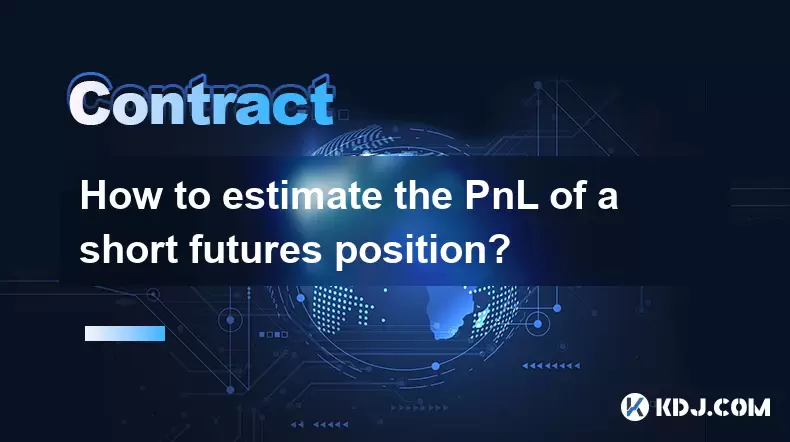
How to estimate the PnL of a short futures position?
Jul 10,2025 at 05:00pm
Understanding the Basics of Futures Trading and PnLIn futures trading, a trader enters into a contract to buy or sell an asset at a predetermined pric...
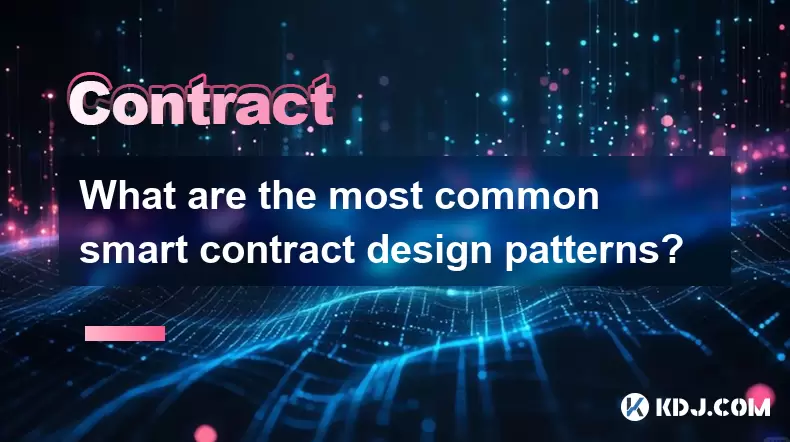
What are the most common smart contract design patterns?
Jul 10,2025 at 09:29pm
Introduction to Smart Contract Design PatternsSmart contract design patterns are standardized solutions to recurring problems encountered during the d...
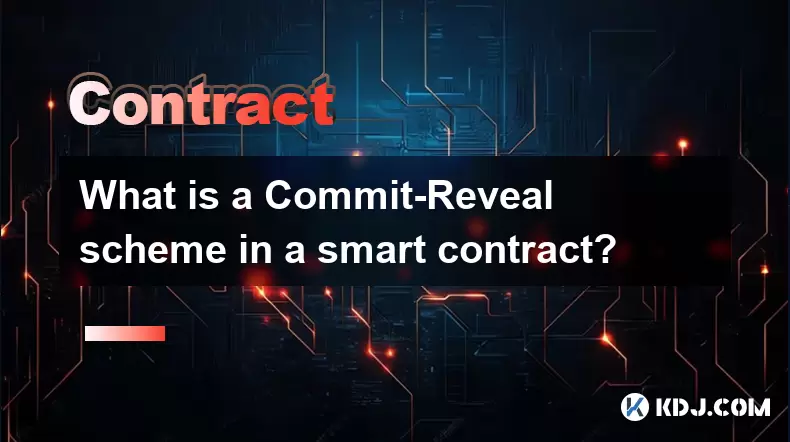
What is a Commit-Reveal scheme in a smart contract?
Jul 10,2025 at 05:22pm
Understanding the Concept of a Commit-Reveal SchemeIn the realm of blockchain and smart contracts, privacy and fairness are often critical concerns, e...
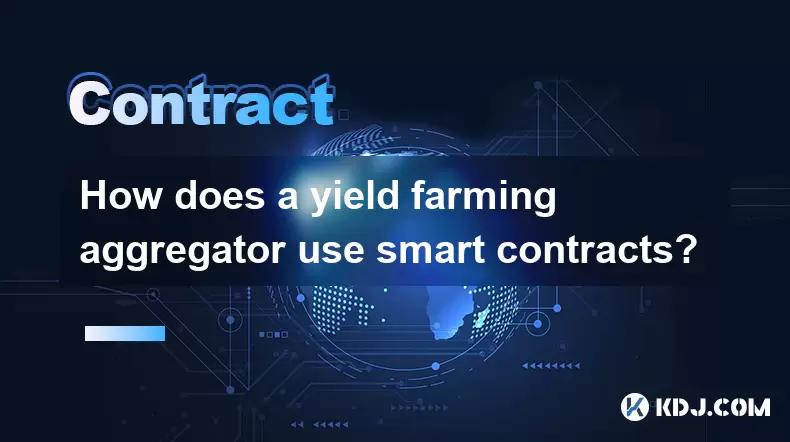
How does a yield farming aggregator use smart contracts?
Jul 11,2025 at 02:49am
Understanding the Role of Smart Contracts in Yield Farming AggregatorsA yield farming aggregator leverages smart contracts to automate and optimize th...
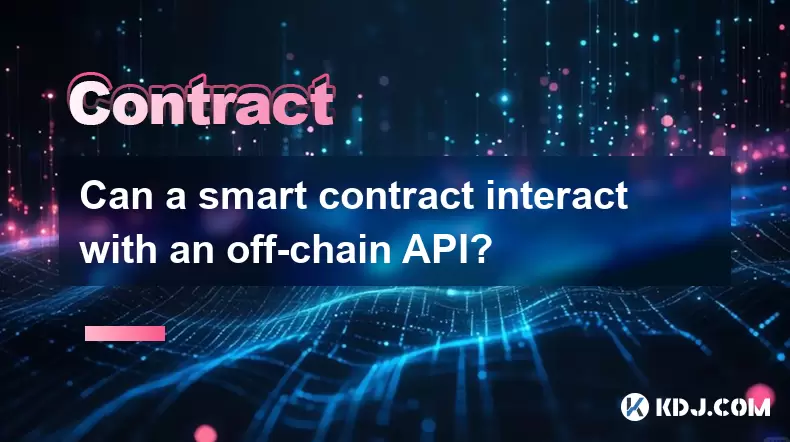
Can a smart contract interact with an off-chain API?
Jul 10,2025 at 09:42pm
What is a Smart Contract?A smart contract is a self-executing contract with the terms of the agreement directly written into lines of code. These cont...
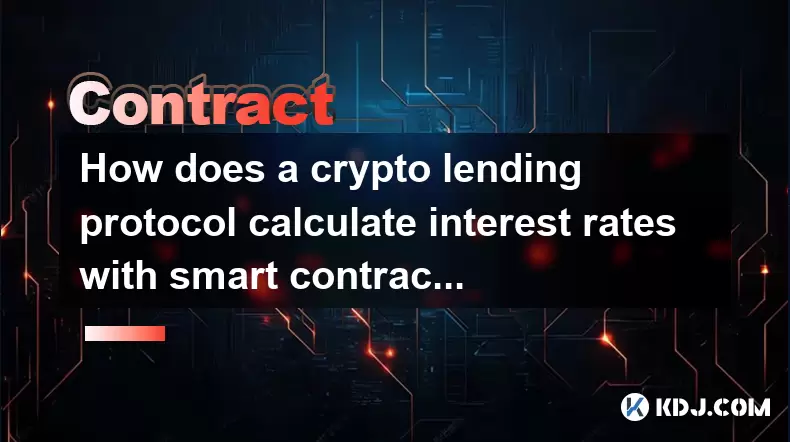
How does a crypto lending protocol calculate interest rates with smart contracts?
Jul 11,2025 at 07:21am
Understanding the Basics of Crypto Lending ProtocolsCrypto lending protocols operate on blockchain networks using smart contracts to automate the proc...

How to estimate the PnL of a short futures position?
Jul 10,2025 at 05:00pm
Understanding the Basics of Futures Trading and PnLIn futures trading, a trader enters into a contract to buy or sell an asset at a predetermined pric...

What are the most common smart contract design patterns?
Jul 10,2025 at 09:29pm
Introduction to Smart Contract Design PatternsSmart contract design patterns are standardized solutions to recurring problems encountered during the d...

What is a Commit-Reveal scheme in a smart contract?
Jul 10,2025 at 05:22pm
Understanding the Concept of a Commit-Reveal SchemeIn the realm of blockchain and smart contracts, privacy and fairness are often critical concerns, e...

How does a yield farming aggregator use smart contracts?
Jul 11,2025 at 02:49am
Understanding the Role of Smart Contracts in Yield Farming AggregatorsA yield farming aggregator leverages smart contracts to automate and optimize th...

Can a smart contract interact with an off-chain API?
Jul 10,2025 at 09:42pm
What is a Smart Contract?A smart contract is a self-executing contract with the terms of the agreement directly written into lines of code. These cont...

How does a crypto lending protocol calculate interest rates with smart contracts?
Jul 11,2025 at 07:21am
Understanding the Basics of Crypto Lending ProtocolsCrypto lending protocols operate on blockchain networks using smart contracts to automate the proc...
See all articles
























